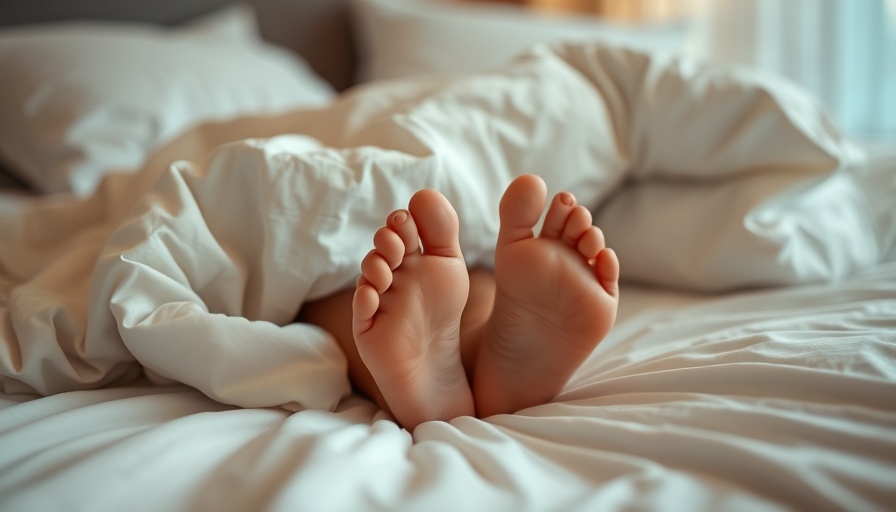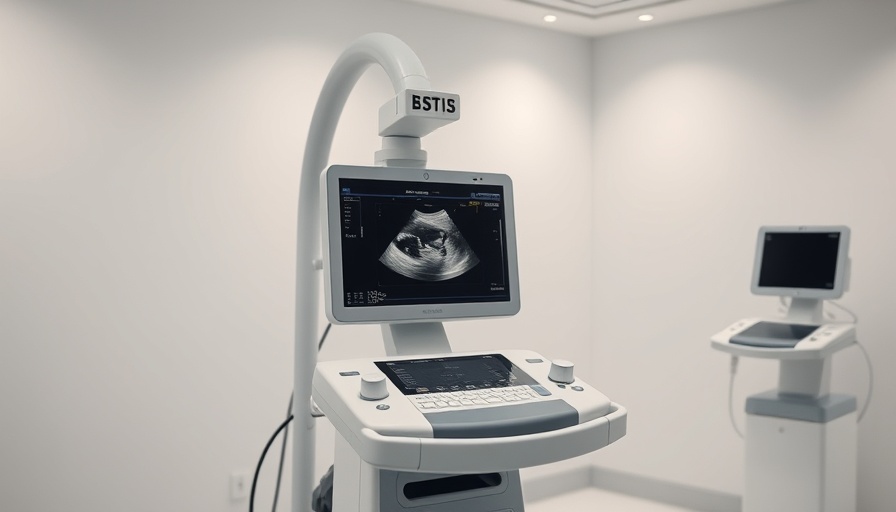
Understanding How Sleep Trackers Work and Their Accuracy
As technology continues to evolve, many of us have turned to smartwatches and fitness trackers that promise to provide insights into our sleep patterns. But how do sleep trackers work? These devices combine different sensors to analyze various aspects of our physiology while we sleep. At the heart of most modern wearables are accelerometers, which track movement. These devices measure when we are still or moving, but they can struggle to discern between being awake and resting—a common critique of their accuracy.
To improve this, manufacturers have integrated photoplethysmography (PPG), which utilizes green LED lights to detect changes in blood volume through the skin. This enables the wearables to provide readings not just on movement, but also on heart rate and blood circulation. Such capabilities allow these devices to estimate whether we are in deep sleep, REM sleep, or light sleep with greater precision than previous technologies.
The Science Behind Sleep Measurement
The gold standard in sleep measurement remains polysomnography (PSG), which you might be familiar with if you’ve ever undergone a sleep study. PSG involves a number of sensors attached to the body to monitor brain activity, oxygen levels, heart rate, and more as you cycle through the various sleep stages. While PSG is immensely reliable, it is often cumbersome and not practical for daily use. This is where the appeal of consumer sleep trackers shines; they offer a more convenient way to gauge sleep quality without the hassle of wires and lab settings.
Challenges of Home Sleep Trackers
Despite their convenience, home sleep trackers are not without limitations. While they can provide a general overview of sleep patterns, inaccuracies can arise from factors like user movement during sleep. For instance, if a sleeper flips over frequently or reads while lying down, the device might misinterpret these activities. This has led researchers to emphasize the importance of not viewing tracker feedback as definitive.
While studies indicate a degree of correlation between sleep tracker data and PSG results, discrepancies still exist, particularly around sleep duration and the specific phases of sleep. The convenience, however, offers a trade-off many users are willing to accept—having a rough idea of their sleep cycle is still better than having no data at all.
Comparing Different Sleep Trackers on the Market
Today, a variety of devices claim to offer advanced sleep tracking capabilities. From basic fitness trackers to high-end smartwatches, options are plentiful. Some notable devices include the
- Fitbit Charge: Well-rounded fitness tracker with reliable sleep tracking capabilities.
- Apple Watch: Offers comprehensive health metrics, including innovative sleep tracking features.
- Oura Ring: A stylish ring, known for its accuracy and ease of use, which focuses heavily on sleep quality.
Choosing the right one depends on individual lifestyle and budget constraints, but understanding their features can assist in making an informed choice. Ensuring you select a tracker that aligns with your specific sleep monitoring needs is key.
The Future of Sleep Tracking Technology
As we continue to delve into the science of sleep, the technologies supporting sleep tracking are set to advance even further. Innovations in artificial intelligence and machine learning may allow these devices to offer even more personalized insights. Future developments could pave the way for not only better sleep quality analyses but also proactive recommendations based on users' habits and patterns.
Conclusion: The Takeaway on Sleep Trackers
In summary, sleep trackers bridge the gap between advanced sleep studies and personal health management for everyday individuals. While these devices are becoming increasingly sophisticated, it’s vital to approach their data with a critical eye and a healthy dose of skepticism. They are most beneficial as tools to help instill better sleeping habits rather than definitive sources for diagnosing sleep issues.
As technology improves, the combined efforts of deep sleep science and consumer tech could revolutionize how we manage our sleep. So, if you're considering a sleep tracker, weigh its benefits with a discerning perspective—it may just be the first step towards better sleep and overall health.
If you're interested in improving your sleep health or understanding the best sleep tracker for your needs, consult with a sleep specialist or healthcare provider. Quality sleep is a cornerstone of health.
 Add Row
Add Row  Add
Add 




 Add Row
Add Row  Add
Add 
Write A Comment